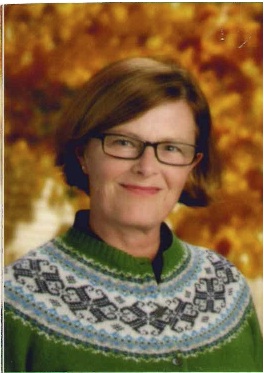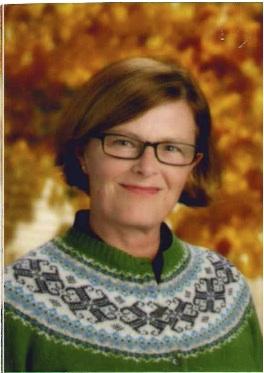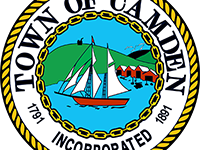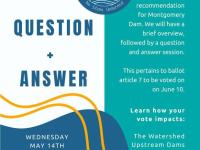Mary Alice McLean: The three Es in education – Enliven, Empower and Elevate
This year in RSU 71 we have been focused on classroom instruction that elicits three states of being in each of our K - 12 students. I have been referring to these as the Three Es of Effective Classroom Instruction: instruction that Enlivens, Empowers and Elevates.
Enliven — We enliven student learning when we design instruction that helps students engage and be highly accountable for the public education being provided. In addition to the rigors of intellectual exercise, we know that tapping into students’ emotions, creativity, and spirit and providing opportunities to develop character and be of service spur deeper thinking and learning.
This is learning that lasts, as opposed to learning that is quickly forgotten.
When students are provided with compelling questions of importance and helped to understand the relevance of their study they become more invested and engaged in the work. An audience beyond the classroom helps, too. Providing an expectation that the work will be shared with parents and the public elicits engagement, and the products, presentations, and performances can become purposes in themselves.
In RSU 71 we are working to identify clear and rigorous learning targets for all students in all classes.
We ask these questions: What are you learning (as opposed to “what are you doing”)? Why is it important? How will you know when you have met the target? Being clear about what, why and how helps students apply themselves. A more enlivened classroom begins with students knowing about and being accountable for their progress, not passively, as passengers on a bus of dubious destination, but as the necessary drivers of their own learning.
John Hattie is a researcher who has ranked particular teaching strategies by the effect size on student achievement through 1,400 meta-analyses of 80,000 studies involving 300 million students (Visible Learning 2012)
His work shows that students can become smarter through hard work; when we convey our belief in students’ capacity to grow, we cultivate a hopeful vision of what they can achieve.
This strengths-based practice is the opposite of lumping students into tracks which convey that some are less smart, less capable, less interested in working hard, less interested in learning. Matching high expectations for all students with clarity about the content knowledge we expect them to acquire and the skills we help them to develop, is an enlivening pedagogy.
Why read? Why write? Why calculate? Why create works of art, or learn how to weld, or sing in three-part harmony, or conduct scientific research or learn about natural processes? Why learn about our past as Americans and as human beings?
Our students should have a vivid sense of the import of their work, not just on the playing field or basketball court, where the purposes of winning the game are obvious -- but also in their day-to-day learning across the curriculum. Kurt Hahn famously wrote, “There is more in us than we know if we could be made to see it; perhaps for the rest of our lives we will be unwilling to settle for less.” Tapping into sources of renewable energy in our students and in ourselves helps our students to succeed.
Empower - In RSU 71 on PD Fridays this year we have been studying and applying several research-based best practices described in Leaders of Their Own Learning: Transforming Schools Through Student-Engaged Assessment and its companion workbook, both by Ron Berger et al. These practices emphasize:
- The use of Learning Targets;
- The use of Checking for Understanding Strategies in daily lessons (ie not just asking “Is everyone with me?”);
- The use of Data with Students;
- The use of Models, Critiques and Descriptive Feedback to help students see what excellence looks like;
- Student-Led Conferences in which students themselves are present, along with parents and teachers, to share their strengths and also develop goals for improvement;
- Celebrations of Learning in which the whole community provides witness to learning.
Student-engaged assessment is a system of interrelated practices that position students to be leaders of their own learning. This spring, students will be presenting their work at parent-teacher conferences. And all schools will be holding Celebrations of Learning with students presenting their work to families and the public.
Elevate - We measure our success in RSU 71 by the extent to which all of our students succeed.
We have great things going on in RSU 71 and are very proud of these things. There is also data to suggest that we can do much better. Together we are learning and applying well-proven methods for raising student achievement and helping all students succeed in school.
As educators in RSU 71, we are immersed in the important work of elevating our students, families, and communities through public education, positioning our children for lives of accomplishment, meaning, and service.
Mary Alice McLean is superintendent of RSU 71, which educates students from Belfast, Belmont, Morrill, Searsmont and Swanville.
Event Date
Address
United States


























